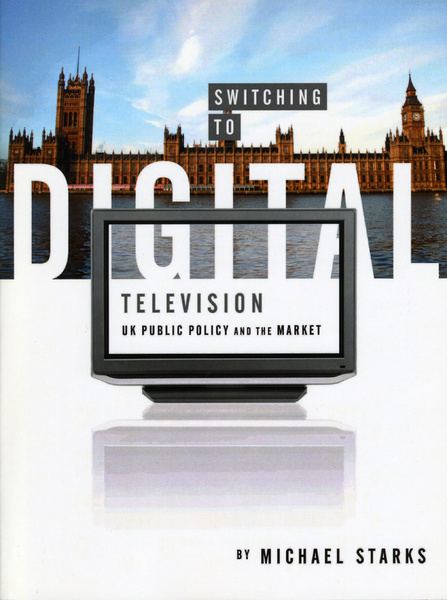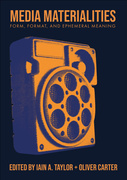Switching to Digital Television (Book)
UK Public Policy and the Market
Sometime in the next four years, in a move that is bound to anger consumers and endanger the careers of politicians, the United Kingdom plans to turn off its analog, terrestrial television and switch fully to digital TV. Switching to Digital Television argues that, in order for the initiative to succeed, public policymakers need to carefully consider competitive market forces and collaborate with the broadcasting industry.
This authoritative study of the government policy behind the switchover also draws on the United Kingdom’s experience as a basis for comparative analysis of the United States, Japan, and western European nations, all of which will face similar questions in coming years.
“The book provides an interesting and ‘different’ history of Digital Television, and if you want to know why and how the decisions were made, it deserves a place on your bookshelf.”– Jim Slater, Image Technology Magazine
“Michael Starks brilliantly describes the complex mix of Government and industry responses to technological change which have led to the digital switchover process in the UK.”—Barry Cox, Chairman of Digital UK
Edition














